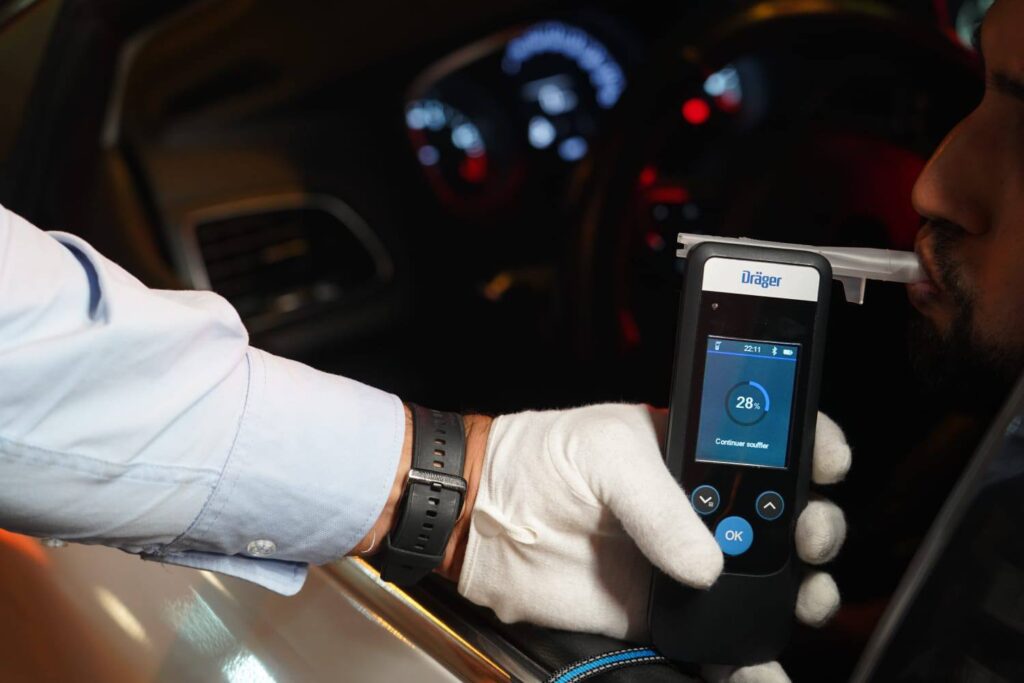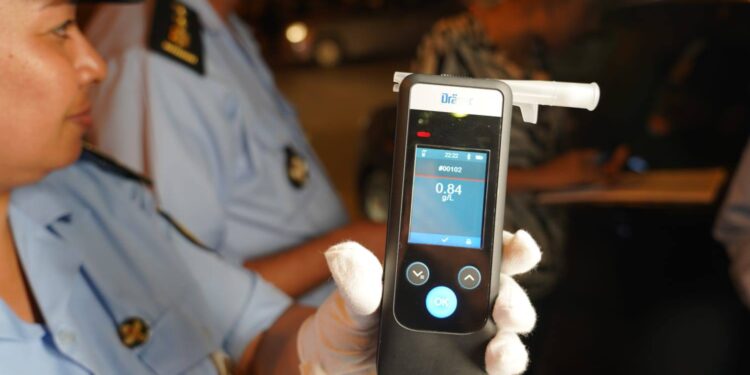In Tunisia, the problem of alcohol driving in young people remains worrying. Faced with this reality, the authorities have just modernized controls with new generation electronic bloodbikes.
Colonel Chamseddine Adouani, head of the coordination and communication office at the National Road Safety Observatory, said Mosaic FM Mosaic on Monday, July 28, 2025 that more than 30% of young Tunisians are driving in disregard.
Fatal accidents are often linked to alcohol
He said that most of them lead to specific places and moments, stressing that fatal accidents, both in Tunisia and abroad, are often linked to alcohol: drivers under influence are much more likely to be the cause of an accident than sober drivers.
Colonel Laâdouani hammered that “an accident can occur in a second”, and encouraged citizens to become aware of the dangers linked to alcohol driving, recalling that “your life and that of others are priority”.
In addition, a national awareness campaign, launched in December 2024, is underway and aims to inform the public before the publication of a regulatory decree framing controls.
New control tools
In this context, Colonel Sami Saoudi, spokesperson for the National Observatory for Road Safety, announced on July 17, the deployment of electronic alcohol detection devices across the country.


These new generation devices measure the blood alcohol level in the air expired with great precision and in real time, contrasting with the old chemical ethylots. The result being immediate, the agents can initiate legal procedures without delay.
This system is part of a progressive national strategy for reducing alcohol -related road accidents.
Legal framework
Since 2016, Tunisian legislation has lowered the legal alcohol limit to 0.3 g/l of blood (compared to 0.5 g/l before). Certain drivers, including young permits (<2 years), heavyweight or public transport drivers, are subject to zero tolerance.








